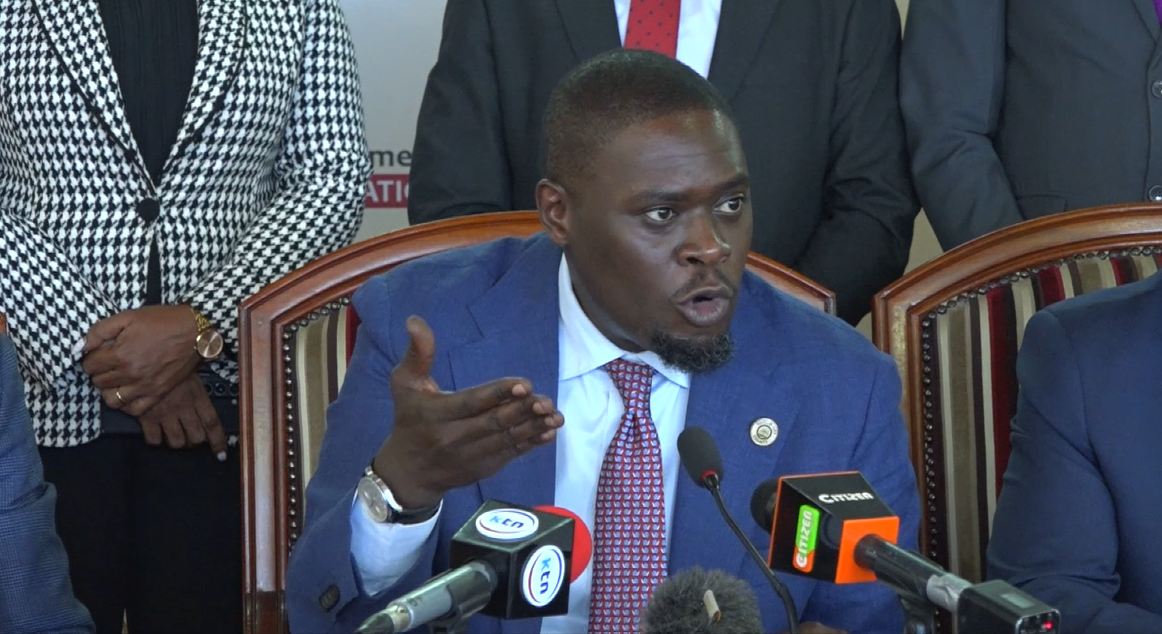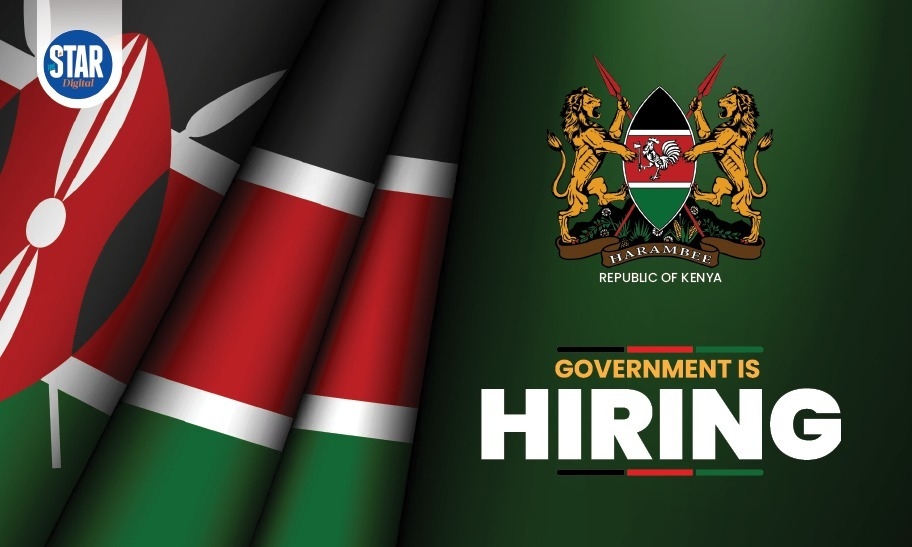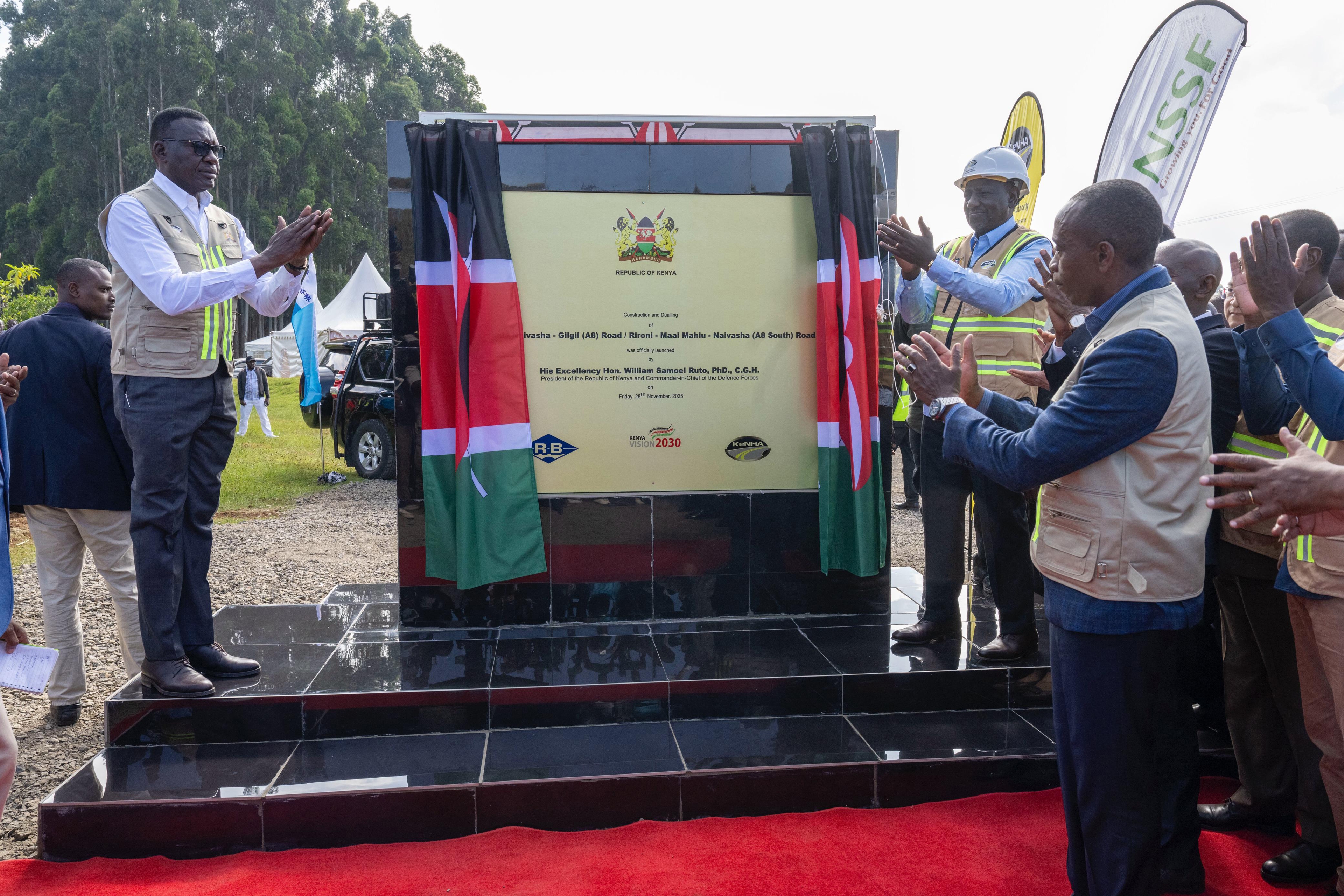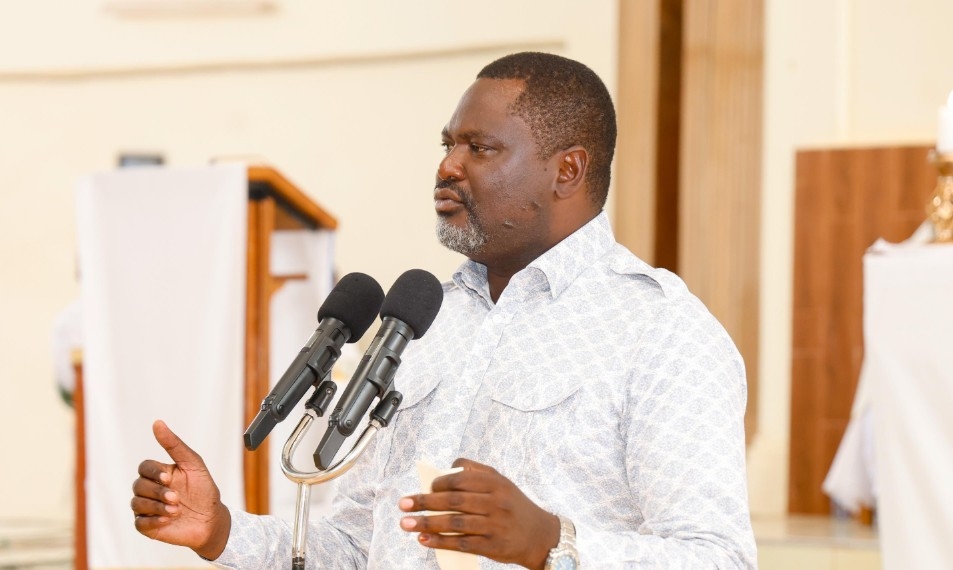 CoG Labour Committee chair Governor Johnson Sakaja speaks after a mediation meeting to end clinical officers' strike, January 20, 2025.
CoG Labour Committee chair Governor Johnson Sakaja speaks after a mediation meeting to end clinical officers' strike, January 20, 2025.The Council of Governors has called on clinical officers to call off their new strike that started on Monday, saying that some of the key issues that had driven them to down their tools have been resolved.
The CoG said the strike was triggered by miscommunication on the resolutions of a January 14 mediation meeting on the issues raised.
The call comes after a meeting with Medical Services Principal Secretary Harry Kimutai and officials from the Social Health Authority (SHA) and governors who mediated the impasse that led to the strike.
The governors noted that they had made great strides in addressing the issues that had been outlined by the clinical officers, thus necessitating the need to call off their current strike.
They include facilitating the pre-authorisation of services by specialised clinical officers and for the Social Health Authority to facilitate empanelment of facilities and practitioners licensed by Clinical Officers Council.
"Pursuant to one above, the Authority shall henceforth pay SHA benefits to the said licensed facilities and practitioners by the Clinical Officers Council," CoG Labour Committee chair Governor Johnson Sakaja said.
An agreement was also reached for the Ministry of Health to undertake continuous capacity building of the Clinical Officers Council to enhance efficiencies in the SHA processes.
"In view of the aforementioned resolutions, we call upon the Kenya Union of Clinical Officers to call off the ongoing strike to ensure service delivery in county facilities and in all facilities do not grind to a halt," Sakaja said.
The clinical officers had demanded the empanelment of health facilities run by clinical officers into the Social Health Authority board under their Clinical Officers Council, as opposed to being forced to go through the doctors board – KMPDC.
They took issue with the demand to go through the doctors' board, which they have on many occasions argued does not address their needs.
They further said that there have been issues with the issuance of pre-authorisation rights to clinical officers, with the new SHA rules placing the mandate on doctors alone.
A mediation meeting called on January 14 resolved that the clinical officers would be granted authorisation rights to perform some duties traditionally handled by doctors as most level 1,2 and 3 facilities are run by them.
The meeting was attended by Ministry of Health officials, the Council of Governors, representatives of the clinical officers council, and representatives of the clinical officers union.
Sakaja said the meeting had agreed on the SHA issue, but there was miscommunication on the resolutions agreed, making it appear like the CoG had gone back on their word.
He said a technical committee comprising the CoG and clinical officers' union was set up to go through the issues one after the other and report back to the mediation team after 21 days with a draft CBA for adoption by counties.
CoG Health committee chairperson governor Muthomi Njuki reminded the clinical officers that anyone with pre-authorisation rights would carry the heavy burden as it is their name that will have been registered in the digital health superhighway.
"They had to use the registration of KMPDC, who are doctors and to me that is fraud because if a clinical officer is using the licence of a doctor and it's not the doctors who are treating, then it means that that doctor is the one who is responsible for anything that would happen," he said.
"That is why it's important to give them the rights directly because they are the ones offering those specialised services in the Level 2, 3 and sometimes 4 (hospitals) because there's no level in Kenya you cannot find a clinical officer and that is to mean everyone to carrty their own cross."











![[PHOTOS] Ruto present as NIS boss Noordin Haji's son weds](/_next/image?url=https%3A%2F%2Fcdn.radioafrica.digital%2Fimage%2F2025%2F11%2Ff8833a6a-7b6b-4e15-b378-8624f16917f0.jpg&w=3840&q=100)

